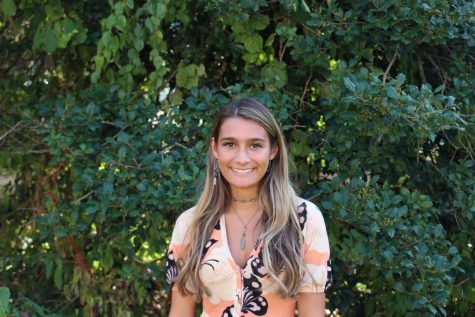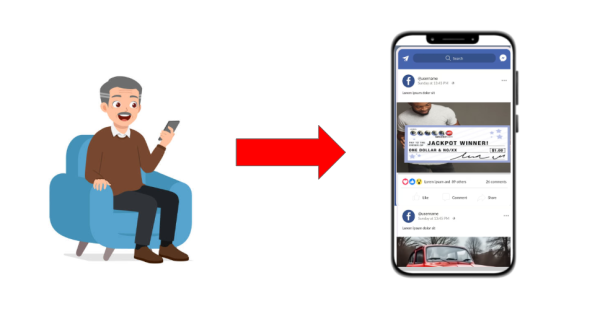The Dangers of Marine Pollution
Marine pollution consists of several things and contrary to popular belief plastic bags and straws are not the only problems. Marine pollution is actually a combination of all trash and chemicals. Pollution contaminates the ocean and results in damage to the environment and the health of organisms. The contaminants start on land and work their way to marine waters through wind and rain. Trash gets blown around and its runoff carries harmful chemicals into bodies of water.
Chemical pollution begins with an abundance of fertilizer used on the land. Water runoff brings the chemicals into waterways that lead to larger bodies like oceans and bays. The high levels of nitrogen and phosphorus in the fertilizer disrupt the water’s natural chemical concentration. They promote the growth of algal blooms, which are toxic and life threatening to marine life.
Trash is also one of the top contributors to marine pollution. Bottles, straws, bags, fishing line, and wrappers are just some of the things that end up in the water from littering, wind, and/or poor waste management. Plastic is the most harmful because it is so durable and can take hundreds of years to decompose. Marine life can mistake some litter for food and choke on it. Even worse, they can get tangled in line and suffer from a painful death. Humans are also negatively affected because micro-plastics can be consumed by fish and work its way up the food chain to us.
It is estimated that there are 14 billion pounds of trash in the ocean. Point Pleasant, being a town right on the water, should be concerned about all of this pollution because no one wants to swim in dirty water. One of Point Boro’s high school science teachers, Dr. Kostenko, provided us with great ways on how everyone can help lessen marine pollution. She stated, “The easiest thing to do is not to litter, because eventually all litter blows into the ocean. Point Pleasant can also be mindful of the fertilizers and detergents we use. There are safer fertilizers and detergents that are phosphate free.”
Not only is it important to take care of your trash and take consideration on the chemicals in products, but it is just important to spread awareness. Dr. Kostenko suggests to tell your friends and neighbors about the problem because every individual has the ability to make a difference.

Grade level
Senior
Sports, clubs, or other activities at PPBHS
Tennis and swimming
Hobbies outside of school
Surfing and painting
Areas...






